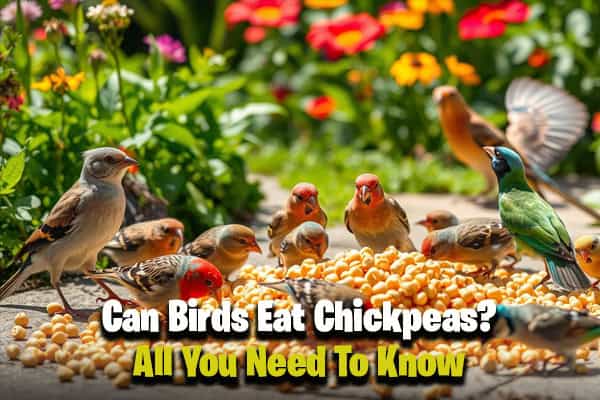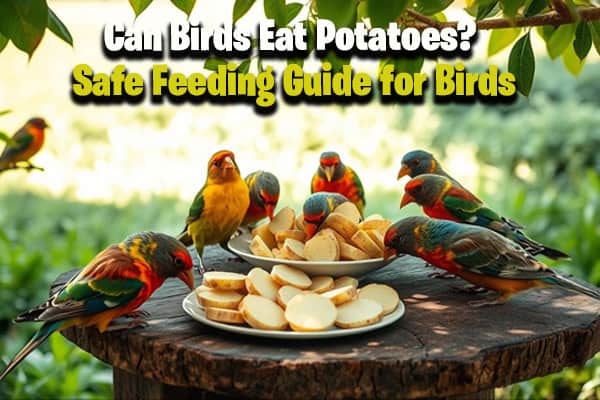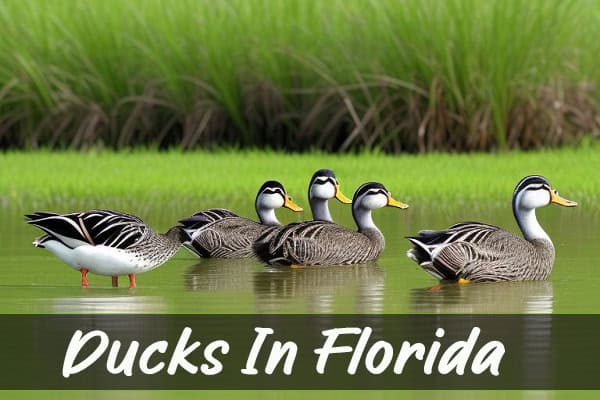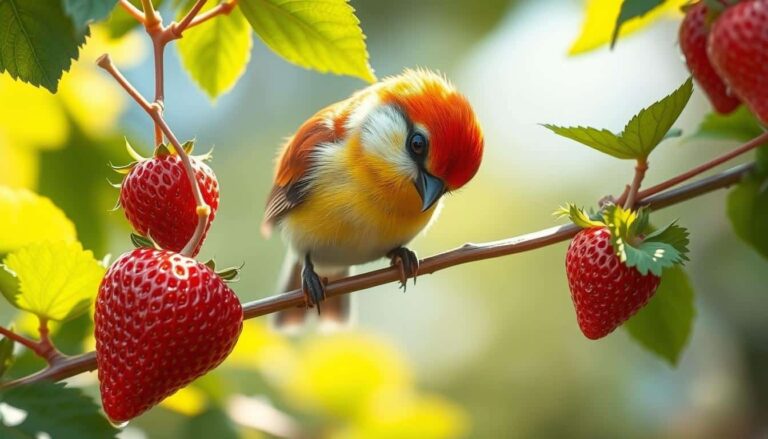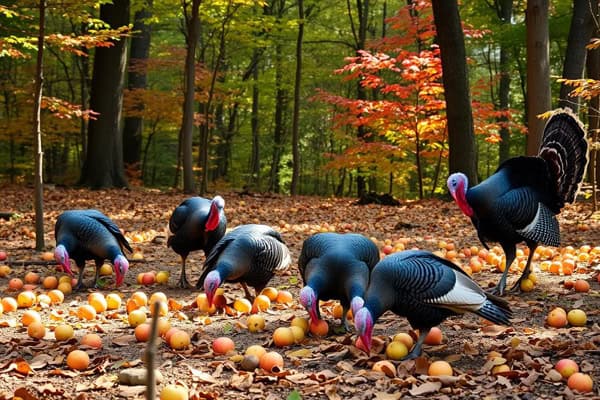Can Birds Eat Chickpeas? All You Need To Know
Ever thought about what foods our feathered friends might enjoy? Can birds eat chickpeas, just like we do? This question leads us to explore chickpeas in a bird’s diet. We’ll find out if chickpeas are safe and healthy for birds, and how to add them to their meals.
Understanding Chickpeas and Their Nutritional Value
Chickpeas are a key legume in many diets. They add variety to human food and might also benefit birds. Knowing their history and nutritional content helps us see their value in bird diets.
What Are Chickpeas?
Chickpeas, or Cicer arietinum, have a long history. Also, They are common in Mediterranean and Middle Eastern foods. These small seeds are great in salads, soups, and stews.
Their nutty taste and firm texture are loved by many. Chickpeas come in different forms, like dried, canned, and roasted. This makes them a versatile option for birds too.
Nutritional Profile of Chickpeas
Chickpeas are packed with nutrients that support health. One cup of cooked chickpeas has:
| Nutrient | Amount per 1 cup (240 ml) |
|---|---|
| Calories | 269 |
| Protein | 14.5 g |
| Fat | 4.2 g |
| Carbohydrates | 45 g |
| Dietary Fiber | 12.5 g |
These nutrients make chickpeas a healthy choice for humans and birds. They provide energy and essential nutrients.
Vitamins and Minerals Beneficial for Birds
Chickpeas are rich in vitamins and minerals good for birds. They offer:
- Protein: Helps muscles grow.
- Vitamin B: Boosts energy and brain function.
- Iron: Crucial for blood to carry oxygen.
- Magnesium: Keeps bones strong and metabolism running.
Adding chickpeas to bird feed can improve their health and life span. These nutrients show chickpeas’ value in a bird’s diet.
Can Birds Eat Chickpeas? Safety Considerations
Exploring if birds can safely eat chickpeas requires looking at their safety and preparation. It’s key to know the difference between raw and cooked chickpeas. Also, we must control portions to keep our bird friends healthy.
Are Chickpeas Safe for Birds?
Cooked chickpeas are generally safe for birds. Cooking removes toxins that could harm them. But, raw chickpeas have lectins that are bad for birds. So, always give cooked chickpeas to keep birds safe.
Raw vs. Cooked Chickpeas
Cooked chickpeas are soft and easy to digest, making them a good treat. Raw chickpeas are hard and can cause stomach issues. So, cooked chickpeas are safer for our feathered friends.
Portion Control: How Much is Too Much?
It’s important to know how much chickpeas to give birds. Too many can upset their stomachs because of their carbs. Start with small amounts and add more slowly. A few small pieces a few times a week is best.
| Chickpeas Type | Safety Level | Digestibility | Recommended Serving Size |
|---|---|---|---|
| Raw Chickpeas | Unsafe | Hard to digest | Avoid |
| Cooked Chickpeas | Safe | Easily digestible | 1-2 small pieces per feeding |
Benefits of Chickpeas for Birds
Adding chickpeas to our birds’ diet brings many health benefits. These small legumes are full of important nutrients. They help our birds in many ways, including their health, digestion, and as a protein source.
Cumulative Health Benefits
Chickpeas are great for our birds’ health. They boost energy and make feathers look better. The vitamins and minerals in chickpeas make our birds look vibrant and healthy.
Chickpeas and Digestive Health
Chickpeas are high in fiber, which is good for digestion. Fiber helps the gut move food along, keeping things regular. This is key for absorbing nutrients and keeping the digestive system healthy. Chickpeas are a great food for our birds’ digestive health.
Using Chickpeas as a Protein Source
Chickpeas are a top-notch protein source for birds. Proteins are crucial for growth, repair, and health. By adding chickpeas to their diet, we give our birds the protein they need.
Incorporating Chickpeas in Bird Diet
Adding chickpeas to our bird friends’ meals can be a great idea. Making sure they are prepared right is key. This way, birds can enjoy them safely and happily.
How to Prepare Chickpeas for Our Feathered Friends
To get chickpeas ready for birds, start by soaking them in water. Let them soak for a few hours or overnight. This makes them soft and removes bad stuff.
Then, cook the chickpeas until they’re soft. But remember, don’t add salt or spices. These can hurt birds.
Best Practices for Feeding Chickpeas to Birds
When adding chickpeas to a bird’s diet, start small. Mix a little bit with their usual food. This lets you see how they like it and adjust if needed.
Keep an eye on how they eat it. This helps make sure they like and can eat the chickpeas.
Alternative Ways to Use Chickpeas in Bird Feeding
There are many fun ways to use chickpeas in bird feeding. You can mix them with seeds for a tasty mix. Or, add them to homemade bird treats.
These ideas not only make their diet better but also make feeding time more fun.
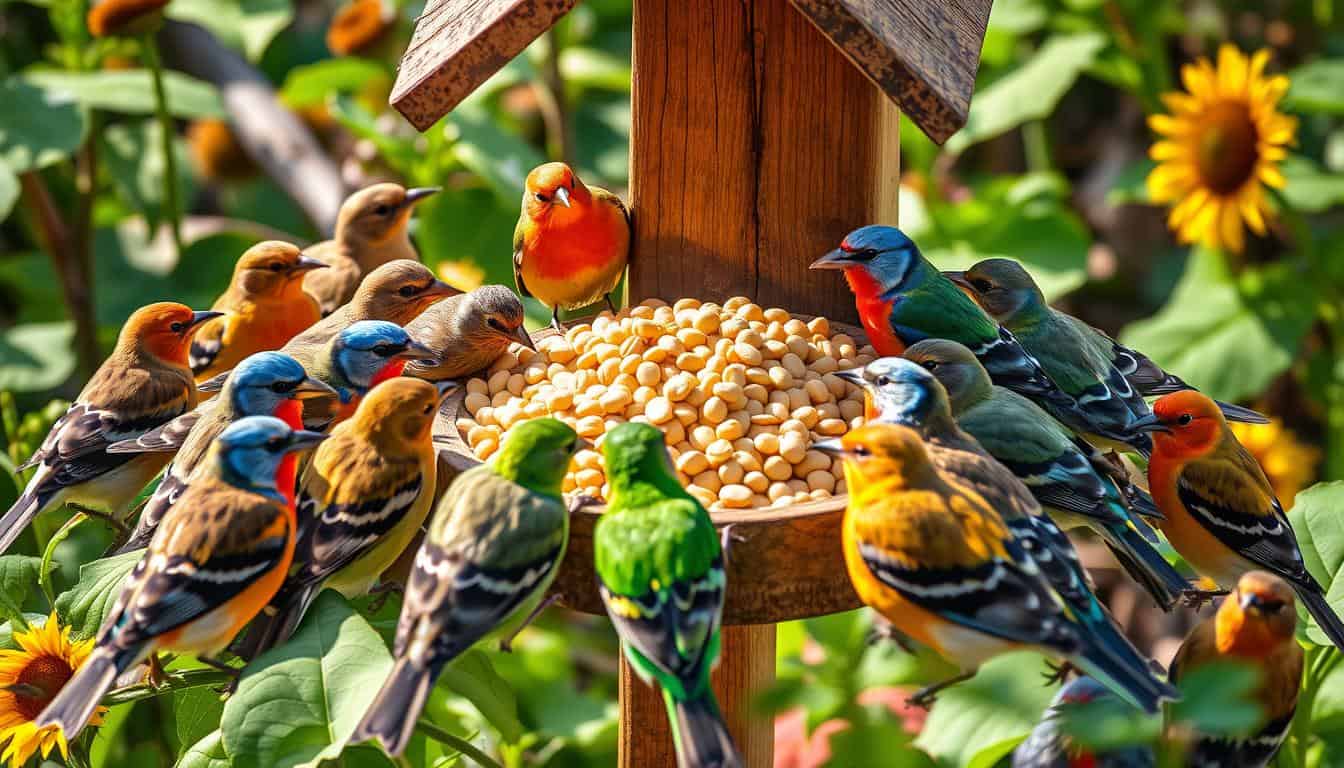
Chickpeas Feeding for Birds: Tips and Tricks
Feeding chickpeas to birds can be fun if we understand their likes and dislikes. Watching how birds react to chickpeas helps us make their meals better. This way, we ensure they enjoy their food.
Observing Bird Reactions to Chickpeas
Watching birds eat chickpeas gives us important clues. Here are some tips for observing:
- Watch how quickly they approach the chickpeas.
- Take note of any hesitations or excitement when they first see the chickpeas.
- Monitor the amount consumed over time to gauge preference.
- Identify if they prefer chickpeas raw or cooked based on their reactions.
Types of Birds That Enjoy Chickpeas
Many bird species love chickpeas. Here are some common ones:
- Parrots: Known for their diverse palate, many parrot species find chickpeas appealing.
- Finches: These small birds often indulge in chickpeas as a nutritious snack.
- Pigeons: Frequently attracted to seed mixes, they appreciate the added variety that chickpeas provide.
Conclusion
We can say with confidence that birds can eat chickpeas safely if we prepare them right. These legumes are full of nutrients and good for our birds. They make a great choice for adding variety to their diets.
By cooking and controlling portions, we keep chickpeas safe and nutritious for our birds. This way, they get the most out of these healthy foods.
Bird owners should think about adding chickpeas to their birds’ meals. Chickpeas do more than just feed them; they boost their health and energy. Trying different ways to serve chickpeas can make mealtime fun and healthy for our birds.
We invite bird owners to share their stories of feeding chickpeas. This way, we can all learn from each other. Together, we can make better choices for our birds. Supporting each other makes our journey more rewarding for everyone.
More Posts You Might Like
- Do Birds Eat at Night?
- Do Squirrels Eat Cat Food?
- Can Birds Eat Popcorn?
- Can Birds Eat Pineapple?
- Can Squirrels Eat Bread?
FAQ
Q1. Can birds eat chickpeas?
Yes, birds can eat chickpeas. They offer many nutritional benefits. Just make sure to cook them first and serve in moderation.
Q2. Are chickpeas safe for birds?
Chickpeas are safe for birds if cooked right. Raw chickpeas have toxins that can harm birds. Always cook them before serving.
Q3. What are the benefits of chickpeas for birds?
Chickpeas are full of protein, fiber, and vitamins. They help with digestion and overall health in birds.
Q4. How should we prepare chickpeas for our birds?
Soak chickpeas overnight and then cook them well. This removes harmful substances and makes them tasty for birds.
Q5. What types of birds enjoy chickpeas?
Many birds like chickpeas, including parrots, finches, and canaries. Their unique taste and texture are appealing to many.
Q6. How much chickpeas should we feed our birds?
It’s important to control how much chickpeas you give birds. Start with small amounts and watch how they react. This ensures they get a balanced diet.
Q7. Can we mix chickpeas with other bird food?
Yes, you can mix chickpeas with other foods or make homemade treats. This adds variety and promotes healthy eating.
Q8. How can chickpeas contribute to a bird’s digestive health?
Chickpeas are high in fibre, which helps with digestion in birds. They aid in gut motility and nutrient absorption, making them great for their diet.

